Diabetes type 1 is an autoimmune condition that causes the glucose (sugar) level in the blood to become too high. This happens when the body is making little or no insulin, the hormone responsible for regulating the level of blood glucose.
In diabetes type 1, the body's immune system attacks and destroys the cells in the pancreas (the organ where insulin is made), and so the body cannot make insulin anymore. And without insulin glucose accumulates in the blood and cannot do its job to fuel the cells that produces energy therefore causing tiredness and fatigue.
Currently there is no cure for diabetes type 1, and it is managed by insulin to control blood sugar levels,every day.
The content on this page is provided solely for information purposes and provides an overview of the subject matter covered. It is not a substitute for professional medical advice, diagnosis or treatment. If you think you have diabetes type 1, please seek further information. The information on this page is subject to change without notice.
Diabetes Type 1 is an invisible disability
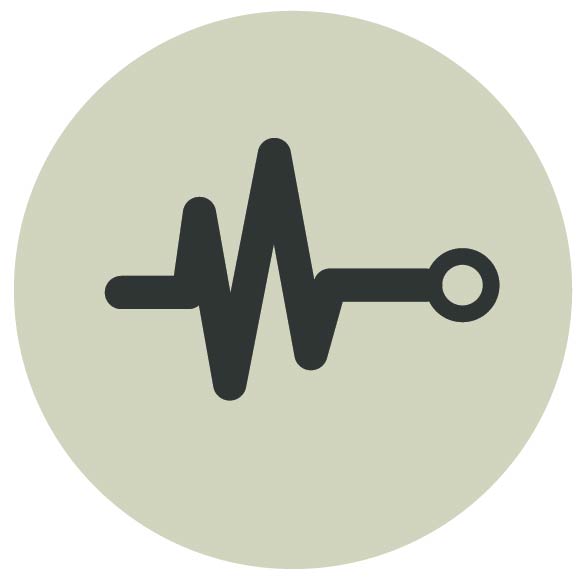 85% of the people diagnosed with diabetes type 1 have no family history of the condition
85% of the people diagnosed with diabetes type 1 have no family history of the condition 65,000 insulin injections is estimated that a person with diabetes type 1 will have in their lifetime.
65,000 insulin injections is estimated that a person with diabetes type 1 will have in their lifetime. Over 9 million people live with diabetes type 1
Over 9 million people live with diabetes type 1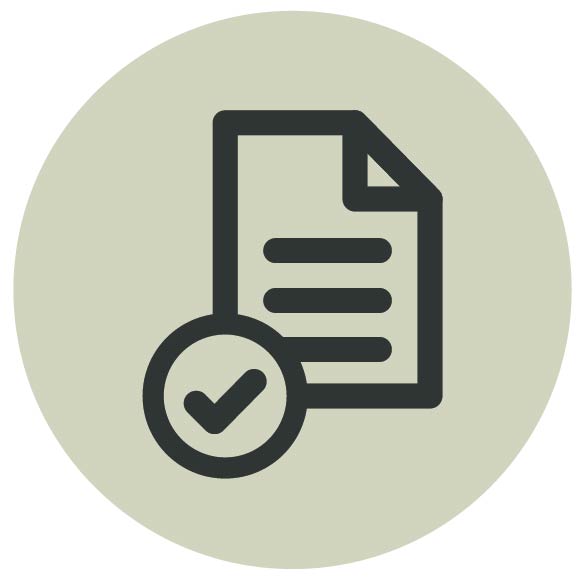 No Cure There is currently no known cure for diabetes type 1
No Cure There is currently no known cure for diabetes type 1 No link Diabetes type 1 has nothing to do with diet or healthy lifestyle
No link Diabetes type 1 has nothing to do with diet or healthy lifestyle
Symptoms of Diabetes Type 1
The symptoms of diabetes type 1 can appear suddenly and may include:
- Feeling more thirsty than usual
- Urinating a lot, often at night
- An increased appetite
- Unexpected weight loss
- Feeling irritable or having other mood changes
- Weakness and tiredness
- Blurry vision
What is Diabetic Ketoacidosis?
Sometimes the initial symptoms of diabetes type 1 show signs of a life-threatening condition known as Diabetic Ketoacidosis which includes some of the following:
- Drowsiness or lethargy
- Heavy or laboured breathing
- Stupor or unconsciousness
- Fruity breath smell
- Stomach pain
- Flushing and dryness of skin
- Nausea and vomiting
- Feeling confused and trouble paying attention.
Effects on and challenges faced in daily life
Diabetes type 1 is lifelong and can have profound effects on the lives of the people with the condition, along with the people around them. Living with and managing type 1 diabetes takes a lot of energy, time, effort, and commitment and can therefore affect day-to-day and routines which can lead to stress, anxiety, and depression. Here are some other challenges that people with type 1 diabetes face:
- Discrimination at work, school, and outside home.
- General lack of awareness of that type 1 diabetes is not down to lifestyle and diet
- Many myths and misconceptions about diabetes type 1 exist
- Concern about finances as a result of the cost of managing the condition
- Difficulties with time management and planning leading to unreliability and getting to places on time
- Needing to inject insulin and to check blood sugar levels several times a day
- Lack of access to private, clean and safe environment if someone is feeling awkward or embarrassed about injecting in public
- Anxiety about hypos – when blood sugar levels are too low, and hypers – when their blood sugar level are too high
Assistance and support you can offer
Diabetes type 1 like other non-visible disabilities is different for everyone, and it is impossible to generalise the below recommendations for all.
Someone with diabetes type 1 may never need your practical help unless they have a diabetic emergency. The support someone with diabetes type 1 needs can change from time to time. This depends on some factors including your relationship or responsibility you have for them, kind of person they are, length of time they have had the condition for. Here are some ways you can offer support:
- Find out about the condition and the difference between diabetes type 1 and type 2
- Ask the person with the condition what you can do to help
- Offer emotional support
- Provide access for those who may want somewhere private, safe and clean where they feel comfortable to inject insulin
- Do not question what they eat or drink or comment on their weight.
- Do not pressure me into eating or drinking anything if they have already said no
Look out for these Sunflower icons
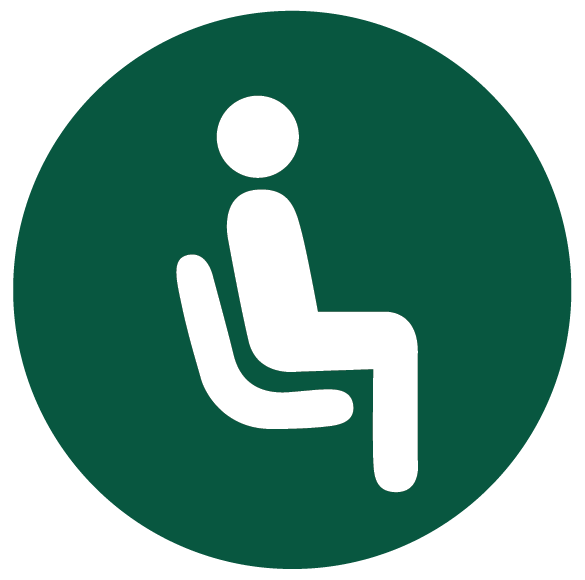 I may need a place to sit
I may need a place to sit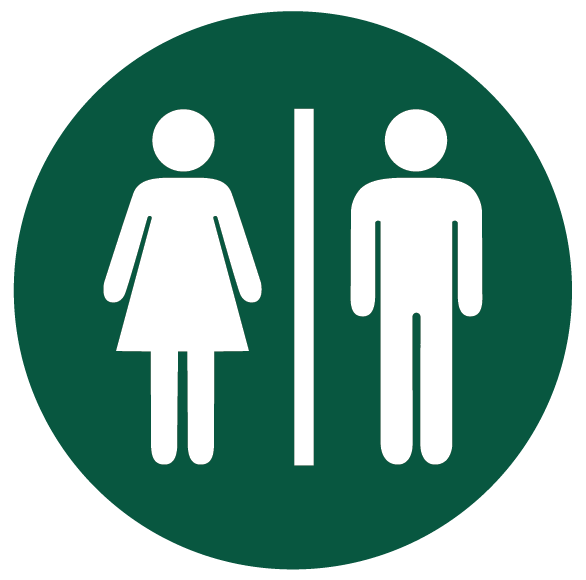 I may need urgent access to the closest toilet facility
I may need urgent access to the closest toilet facility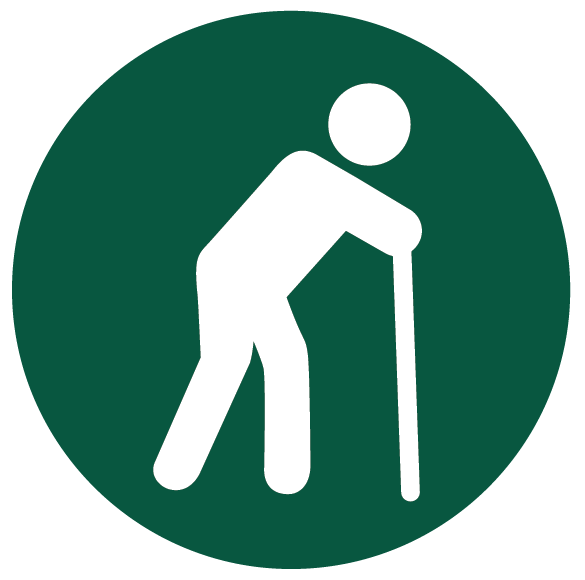 I cannot stand for long periods of time I may need a place to rest, especially if I am in a queue
I cannot stand for long periods of time I may need a place to rest, especially if I am in a queue I have a hidden disability
I have a hidden disability
The content on this page is provided solely for information purposes and provides an overview of the subject matter covered. It is not a substitute for professional medical advice, diagnosis or treatment. If you think you have diabetes type 1, please seek further information. The information on this page is subject to change without notice.





